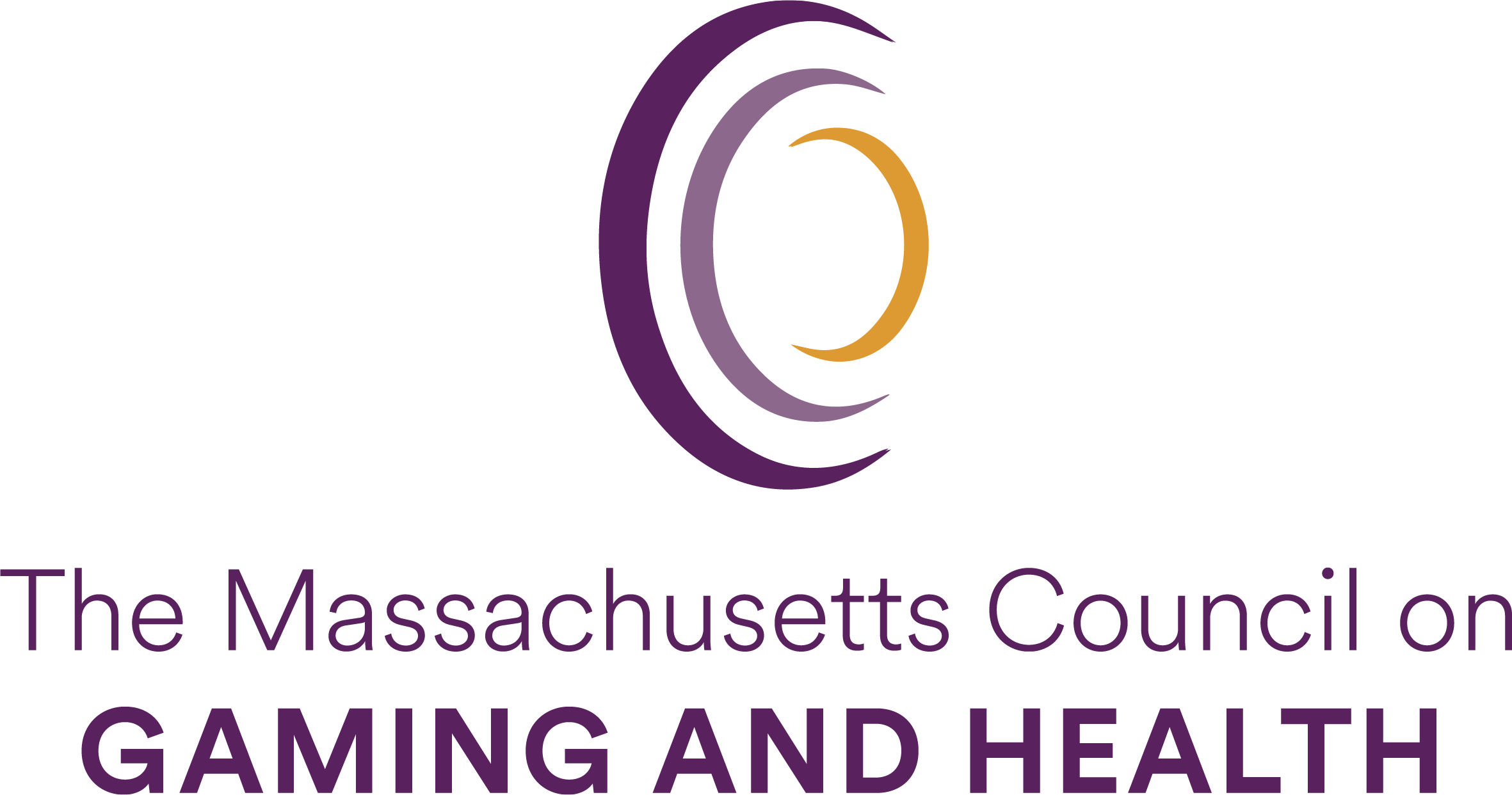by Dr. Marc N. Potenza, Professor of Psychiatry, Yale School of Medicine
As the 2014 Massachusetts Conference on Gambling Problems – Celebrating 30 Years: The Game has Changed approaches, we are thrilled to be able to dedicate our blog to give you weekly highlights leading up to April 10 & 11. Posts will include information about speakers, as well as an occasional sneak peek, written by the speakers themselves, about their upcoming presentations.
This week, we are happy to introduce Dr. Marc N. Potenza, Professor of Psychiatry, Yale School of Medicine.
Marc Potenza is Associate Professor of Psychiatry and Child Study Center at Yale University School of Medicine. He is the Director of the Problem Gambling Clinic, which he founded, and the Women and Addictions Core of Women’s Health Research, both at Yale. He received his Ph.D. in cell biology and his M.D. from Yale University.
Dr. Potenza has considerable expertise in interdisciplinary research, having conducted investigations in treatment evaluation, molecular and human genetics, and brain imaging. He has published extensively on pathological gambling and other addictive disorders. Dr. Potenza also was co-editor, with Jon E. Grant, of two books published by the American Psychiatric Association: Pathological Gambling: A Clinical Guide to Treatment (2004) and A Textbook of Men’s Mental Health (2006).
Dr. Potenza’s research has been funded by multiple sources including the National Institutes of Health, pharmaceutical companies, the National Center for Responsible Gaming and other foundations. He currently serves on the editorial boards of the Journal of Addiction Medicine, American Journal of Addiction and Substance Abuse: Research and Treatment. Dr. Potenza is the only investigator to have received the NCRG Scientific Achievement Award in both the Young Investigator (2003) and Senior Investigator (2008) categories.
Here’s what Dr. Potenza has to say about his upcoming presentation:
In the DSM-5, the term “gambling disorder” has replaced the previous diagnostic entity of “pathological gambling.” Additional changes include the removal of the illegal acts criterion, adjustment of the threshold for making a diagnosis from 5 of 10 inclusionary criteria to 4 of 9, and reclassification of the condition as a behavioral addiction in the category including substance-use disorders.
Irrespective of these changes, pathological gambling or gambling disorder remains a significant public health concern, with approximately 1% of individuals experiencing the disorder and more individuals (family, friends, employers) affected by those who experience gambling problems.
Despite the public health impact of gambling disorder and unlike most other psychiatric conditions, there are no medications with an FDA indication for gambling disorder. This situation places clinicians and patients at a disadvantage in the treatment of gambling disorder. In order to help remedy this situation, randomized clinical trials have been performed with medications with putative mechanisms of action linked to neurobiological underpinnings of gambling disorder.
To date, several randomized clinical trials support the use of opioid antagonists like naltrexone in the treatment of gambling disorder, particularly amongst individuals with familial or personal histories of substance addictions and those with strong gambling urges at treatment onset.
Other data indicate that co-occurring disorders may be particularly helpful in selecting appropriate pharmacotherapies; e.g., mood stabilizers like lithium for individuals with co-occurring bipolar-spectrum disorders. As neurobiological studies implicate multiple neurotransmitters in the pathophysiology of gambling disorder (norepinephrine, serotonin, dopamine, glutamate and others), neurobiological studies may provide important information for treatment development for gambling disorder.
My presentation will cover these issues in conjunction with data from clinical trials incorporating neurocognitive assessments.
For more information contact Alicia Barron, Intervention and Treatment Support Manager.
If you are interested in attending our informative 2-day conference, please check out: 2014 Massachusetts Conference on Gambling Problems – Celebrating 30 Years: The Game has Changed.




